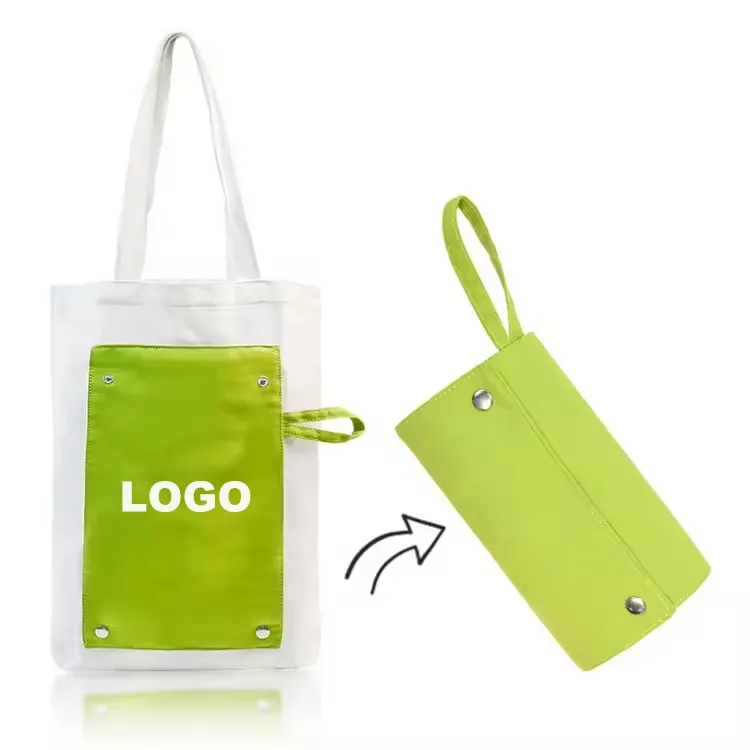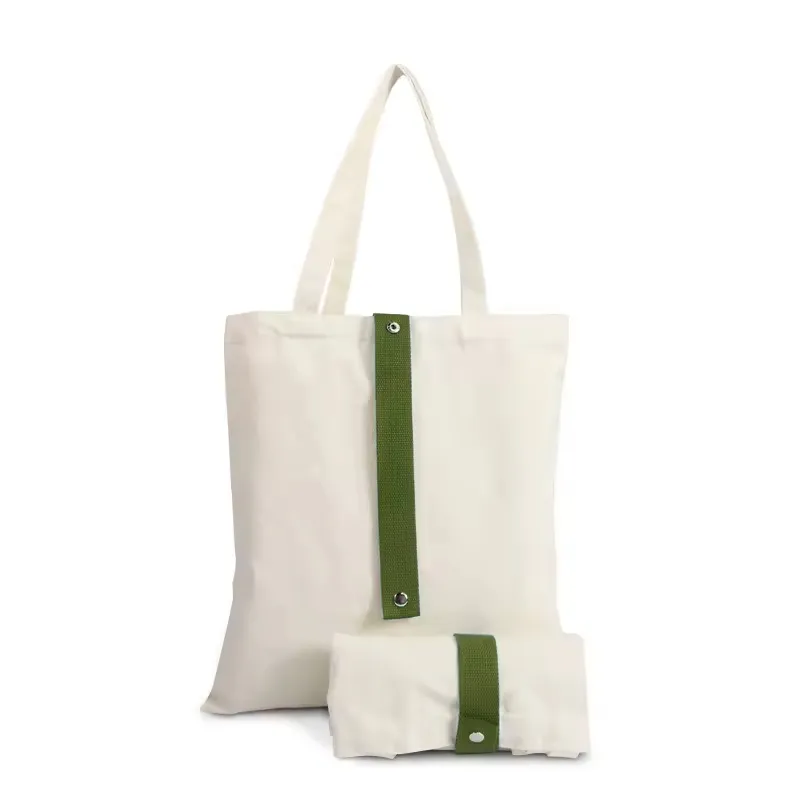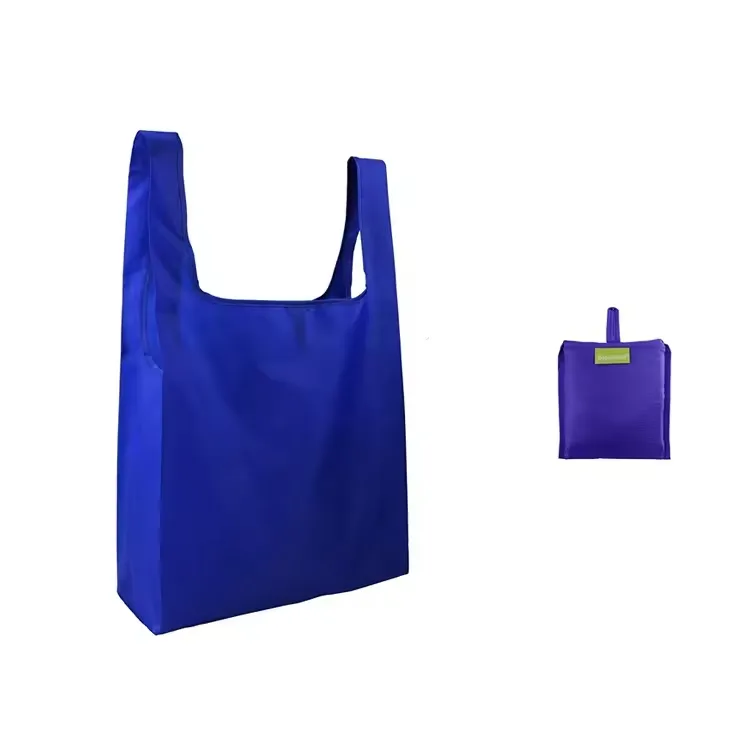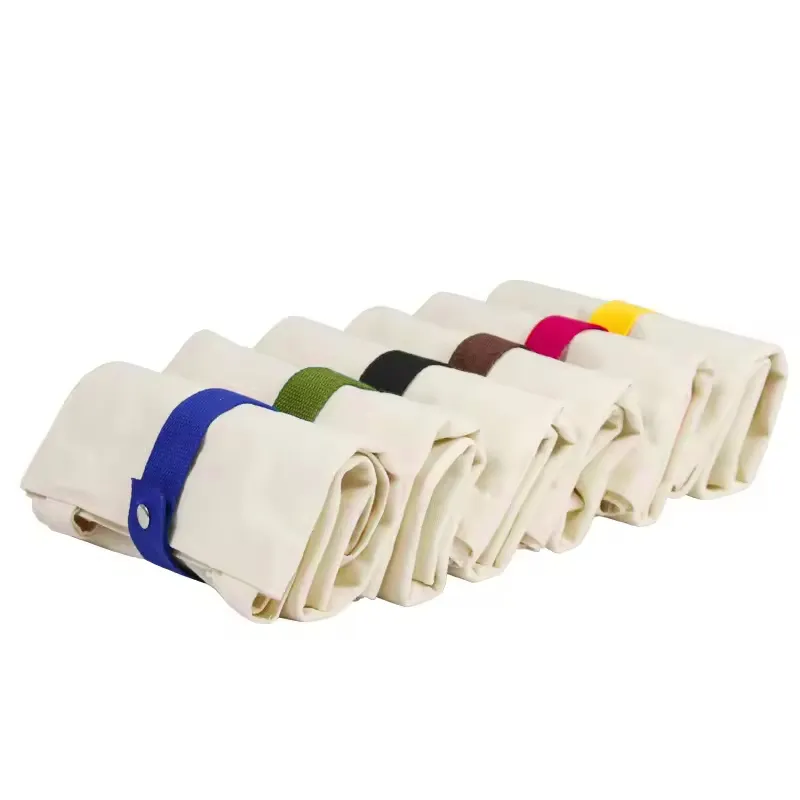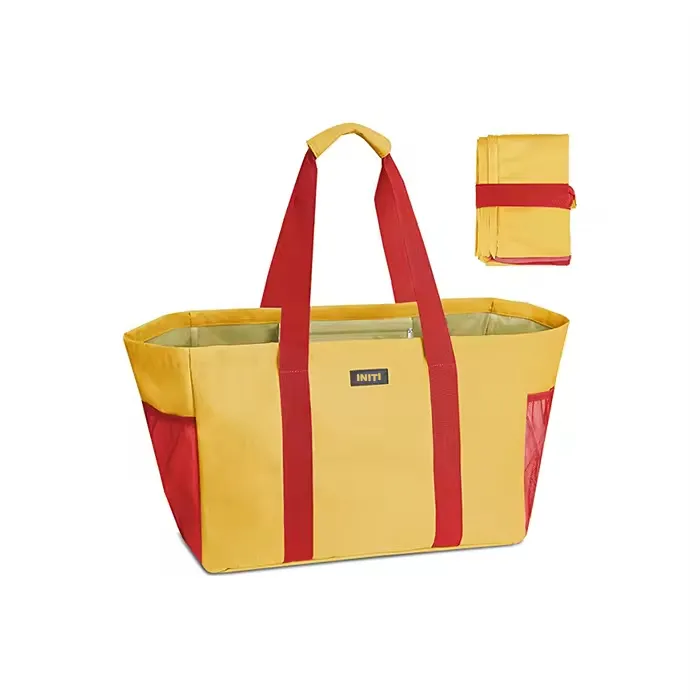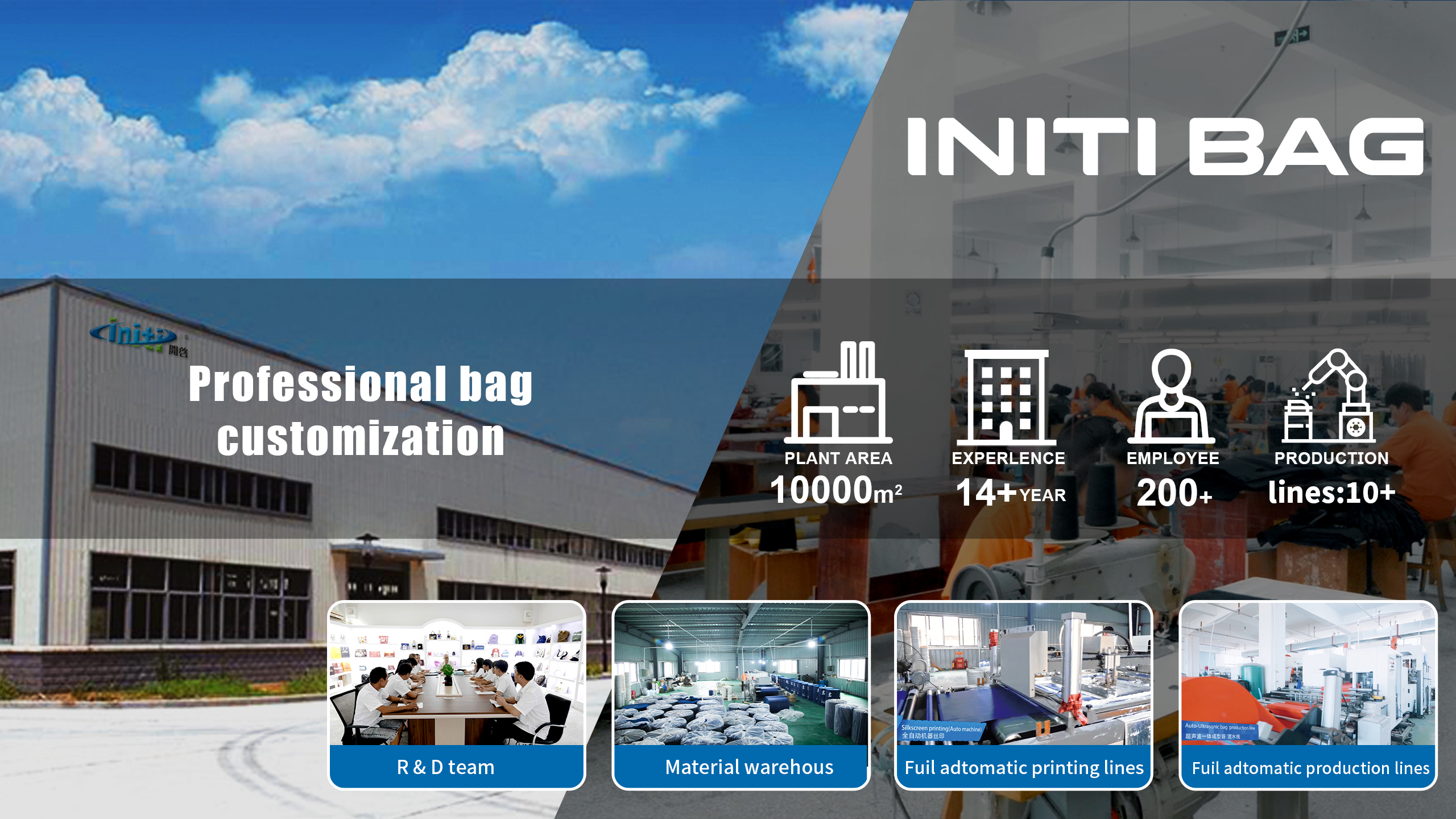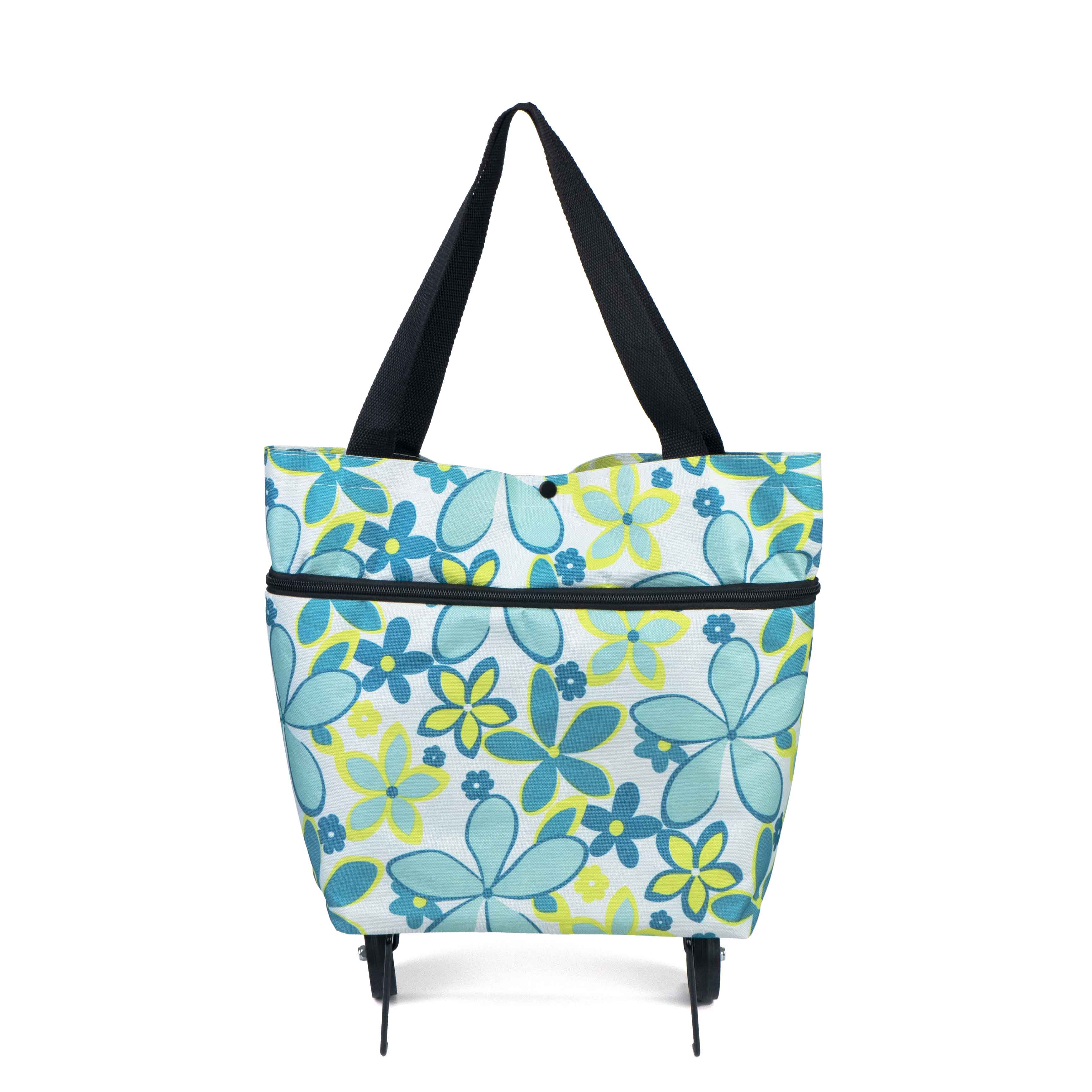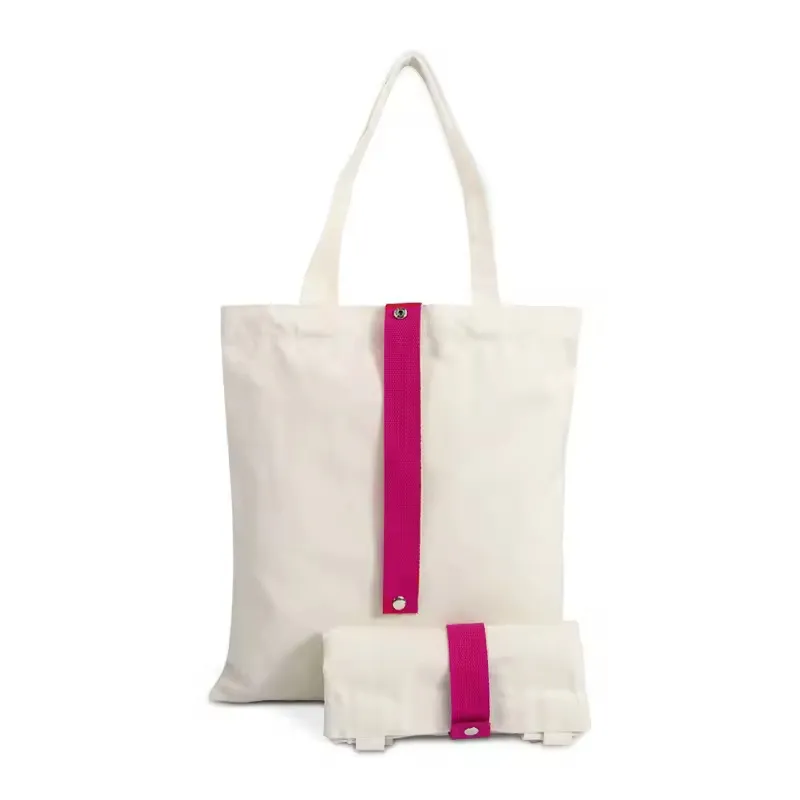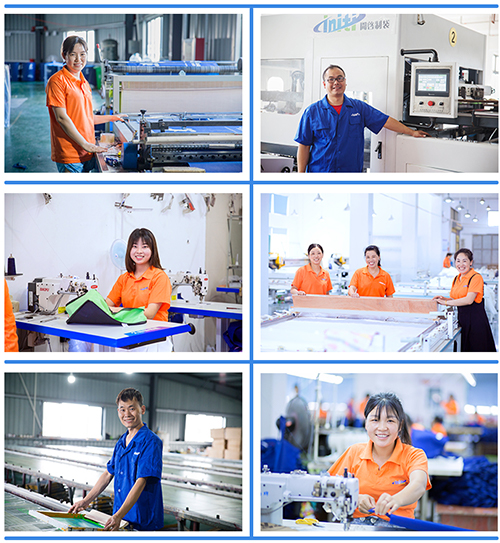The Ultimate Guide to Eco-Friendly Foldable Shopping Bags
Introduction: Why Foldable Eco Shopping Bags Are Taking the World by Storm
The global movement toward sustainable living has fundamentally transformed how we approach everyday activities, and grocery shopping is no exception. Foldable reusable shopping bags have emerged as the perfect intersection of environmental responsibility and practical convenience, offering a solution that fits seamlessly into our increasingly mobile lifestyles.
The shift began with mounting concerns over plastic pollution. Single-use plastic bags, once considered the epitome of shopping convenience, now represent one of the most visible symbols of environmental waste. Major cities worldwide have implemented plastic bag bans or fees, while consumers have developed a heightened awareness of their environmental impact. This perfect storm of regulation and consciousness has created unprecedented demand for foldable shopping bags that can reduce our plastic footprint without sacrificing convenience.
What makes this trend particularly compelling is its appeal across demographics and use cases. Individual consumers appreciate the space-saving design that fits into purses and pockets, while businesses recognize the marketing potential of custom foldable shopping bags that promote their brand values. From grocery chains distributing branded bags to enhance customer loyalty, to corporate events featuring custom eco-friendly giveaways, foldable bags have become powerful tools for environmental messaging and practical utility.
Understanding Foldable Shopping Bags: Design Meets Sustainability
Foldable shopping bags represent a clever engineering solution to the storage problem that has long plagued reusable bags. Traditional reusable bags, while environmentally superior to plastic, often proved inconvenient due to their bulk when not in use. Foldable designs eliminate this barrier by compressing into compact forms that easily fit into existing storage spaces.
The most common materials reflect a careful balance between durability, weight, and environmental impact. Ripstop nylon leads in durability and water resistance, making it ideal for heavy-duty applications and frequent washing. These bags can withstand substantial weight while folding down to pocket-sized dimensions. Polyester options offer excellent printability for custom designs while maintaining reasonable durability for regular use. The synthetic materials typically provide better longevity than natural alternatives, ultimately resulting in lower environmental impact through extended use life.
Non-woven polypropylene has gained popularity for promotional and branded applications due to its cost-effectiveness and printing capabilities. While not as compact when folded as nylon alternatives, these bags offer excellent surface area for logo placement and messaging. Many businesses choose this material for wholesale foldable shopping bags because it strikes an optimal balance between functionality, cost, and marketing impact.
Recycled materials increasingly appear in premium foldable bag designs, appealing to environmentally conscious consumers willing to pay more for products made from post-consumer plastic bottles or recycled fabric waste. These options often carry certification marks that help businesses communicate their sustainability commitments to customers and stakeholders.
The folding mechanism itself varies significantly between designs. Some bags fold into attached stuff sacks, creating self-contained packages that prevent loss of the storage pouch. Others incorporate internal pockets that serve dual purposes as folding storage and additional carrying compartments. The most compact designs use sophisticated origami-like folding patterns that reduce the bag to a size smaller than most smartphones.
Environmental Impact: Beyond Single-Use Plastic Elimination
The environmental benefits of foldable reusable shopping bags extend far beyond simply replacing plastic bags. Life cycle analyses reveal that a single high-quality foldable bag can replace hundreds or even thousands of single-use plastic bags over its lifespan, creating substantial reductions in resource consumption and waste generation.
Plastic waste reduction remains the most visible benefit. Consider that the average American uses 365 plastic bags annually, while Europeans use approximately 200 per person. A single foldable bag that lasts two years eliminates between 400-700 plastic bags from the waste stream. When multiplied across millions of users, the impact becomes significant enough to reduce ocean plastic pollution and landfill burden.
Carbon footprint considerations reveal additional environmental advantages. While manufacturing a foldable bag requires more energy than producing plastic bags, the break-even point typically occurs after 15-20 uses for most designs. High-quality bags that last several years can provide 10-20 times lower carbon impact per use compared to disposable alternatives. This calculation includes manufacturing, transportation, and disposal phases of the product lifecycle.
Consumer behavior research indicates that foldable shopping bag users often develop heightened environmental awareness that extends to other purchasing decisions. The daily reminder of environmental responsibility can influence choices about packaging, product selection, and waste reduction practices. This multiplier effect amplifies the environmental benefit beyond the direct plastic reduction achieved by the bags themselves.
Businesses implementing custom foldable shopping bags often discover that environmental messaging resonates strongly with their target audiences. Companies can authentically communicate sustainability values while providing practical utility that customers appreciate. This authentic environmental benefit differentiates foldable bags from many other promotional items that offer limited practical value.
Exploring Types and Sizes: Finding the Perfect Fit
The diversity of foldable shopping bag designs reflects the varied needs of modern consumers and businesses. Understanding these variations helps both individual buyers and commercial purchasers make informed decisions that maximize utility and satisfaction.
Compact personal bags typically measure 12-15 inches when deployed but fold to the size of a large wallet. These designs prioritize ultimate portability over capacity, making them perfect for spontaneous purchases, lunch runs, or as backup bags in purses and briefcases. The weight capacity usually ranges from 15-25 pounds, sufficient for light grocery runs or retail shopping. Many feature carabiner clips or keychain attachments that ensure availability when needed.
Mid-size multipurpose bags offer the sweet spot between portability and capacity. When open, they typically measure 16-18 inches with substantial depth for groceries, books, or daily essentials. Folded dimensions remain manageable at roughly smartphone size, making them practical for regular carrying. Weight capacity often reaches 35-50 pounds, handling most grocery shopping needs while remaining light enough for comfortable extended carrying.
Heavy-duty large capacity bags cater to serious shopping or commercial applications. These robust designs can handle 50+ pounds of groceries or merchandise, making them suitable for wholesale purchasing, farmers market vendors, or families doing substantial shopping. While the folded size increases proportionally, these bags still achieve impressive compaction compared to traditional large reusable bags.
Commercial and custom applications open up entirely different design possibilities. Businesses working with foldable shopping bag manufacturers can specify dimensions, materials, and features that align with their specific needs. Grocery stores might prefer larger bags with rigid bottoms for customer convenience, while promotional campaigns might emphasize ultra-compact designs with maximum logo visibility. Custom handles, reinforcement patterns, and specialized pockets can address unique business requirements.
Essential Features for Smart Selection
Choosing the right foldable reusable shopping bag requires understanding how different features impact real-world performance and user satisfaction. Smart buyers evaluate these characteristics based on their intended use patterns and personal preferences.
Material durability significantly impacts long-term satisfaction and environmental benefit. High-denier nylon fabrics resist punctures and tears while maintaining flexibility for easy folding. Reinforced stress points at handles and corners extend bag life substantially. Water-resistant or waterproof coatings protect contents from weather while preventing absorption of spills that could cause odors or staining. Quality stitching with reinforced seams ensures reliable performance under repeated heavy loads.
Folding mechanism design affects daily usability more than most buyers initially realize. Self-contained folding systems with attached storage pouches prevent loss of components while ensuring the bag maintains its compact form during storage. Elastic closures or velcro straps secure the folded bag without adding bulk. Some premium designs incorporate magnetic closures that provide secure storage while enabling one-handed deployment—particularly valuable for busy shopping scenarios.
Weight distribution and handle design determine carrying comfort during extended use. Padded handles reduce pressure on hands and fingers when carrying heavy loads. Handle length affects carrying position, with shorter handles for hand carrying and longer ones enabling shoulder carrying. Some designs incorporate both options with dual handle systems. Handle attachment methods significantly impact durability, with reinforced stitching or metal hardware providing superior longevity compared to basic sewn attachments.
Maintenance requirements vary considerably between materials and designs. Machine-washable bags offer obvious convenience advantages, while hand-wash-only options may provide better material performance or lower cost. Quick-dry materials reduce downtime between uses and prevent odor development. Stain resistance becomes important for light-colored bags or those used for messy purchases like fresh produce or potentially leaky items.
Mastering Folding and Carrying Techniques
Effective use of foldable shopping bags requires developing efficient folding techniques and carrying strategies that maximize their convenience advantages. These skills determine whether users consistently carry and use their bags or leave them unused due to perceived inconvenience.
Optimal folding technique varies by bag design but generally follows similar principles. Start by laying the bag flat and removing any air pockets that add unnecessary bulk. Fold along the bag's natural crease lines, which are often indicated by the original packaging fold pattern. For bags with attached stuff sacks, work systematically to compress the main bag into the storage pouch without forcing or overstuffing, which can damage zippers or fabric. Practice creates muscle memory that enables quick folding even in busy environments.
Strategic carrying methods ensure bag availability when needed. Many users integrate folded bags into their daily carry routine, placing them in consistent locations like purse pockets, briefcase compartments, or car glove compartments. Keychain attachment systems work well for ultra-compact designs but can become cumbersome with larger folded bags. Some users prefer dedicated bag storage in frequently visited locations—keeping one in the office, one in the car, and one in their primary handbag.
Travel optimization leverages foldable bags' space-saving advantages for vacation shopping, souvenir collection, and international travel where plastic bags may be unavailable or expensive. Multiple small bags often prove more versatile than single large ones for travel, allowing separation of different purchase types and easier packing in luggage. The compact folded size makes it practical to carry several bags without significant space penalty.
Business and wholesale applications require different optimization strategies. Retail businesses providing custom foldable shopping bags wholesale to customers need efficient distribution systems that ensure bag availability at checkout while maintaining inventory management. Some stores integrate folded bags into checkout counter displays, while others train staff to offer bags during the transaction process. Promotional campaigns may involve mass distribution at events, requiring bags that fold efficiently for transport and quick deployment for recipients.
Sourcing Quality Foldable Bags: Retail vs. Wholesale Strategies
The foldable shopping bag marketplace offers distinct pathways for individual consumers versus business buyers, each with unique advantages and considerations. Understanding these options helps optimize purchasing decisions for different needs and quantities.
Individual consumer purchasing typically prioritizes convenience, immediate availability, and the ability to evaluate options before buying. Major e-commerce platforms offer extensive selections with user reviews, detailed specifications, and competitive pricing. Physical retail locations allow hands-on evaluation of materials, folding mechanisms, and size suitability. Premium outdoor gear retailers often carry high-quality options designed for durability and performance, while discount retailers focus on basic functionality at attractive price points.
Bulk and custom applications benefit significantly from direct manufacturer relationships that offer cost advantages, customization capabilities, and quality control oversight. Businesses requiring wholesale foldable shopping bags often discover that factory-direct purchasing provides 30-50% cost savings compared to retail markup pricing. This advantage becomes more pronounced with larger quantities and custom specifications.
Working directly with established manufacturers like Initipacking.com opens up comprehensive customization possibilities that retail channels cannot match. Professional foldable shopping bag manufacturers offer material selection guidance, design consultation, and prototype development services that ensure final products meet specific requirements. Custom logo application, color matching, handles design, and specialized features become feasible with direct manufacturer relationships.
Quality assurance considerations differ significantly between retail and wholesale purchasing. Individual retail purchases rely on return policies and brand reputation for quality protection, while wholesale buyers can implement inspection protocols, request pre-production samples, and establish quality specifications as part of purchase agreements. Experienced manufacturers provide detailed quality control documentation and certification that supports business requirements.
International sourcing advantages become apparent for businesses requiring large quantities or specialized designs. Direct relationships with overseas manufacturers offer access to advanced production capabilities, innovative materials, and cost structures that support competitive pricing. However, successful international sourcing requires understanding of logistics, lead times, and quality control processes that may challenge inexperienced buyers.
The choice between domestic and international suppliers often balances cost objectives against lead time requirements, minimum order quantities, and quality control preferences. Domestic suppliers typically offer shorter lead times, lower minimum orders, and easier communication, while international manufacturers provide broader material options, advanced customization capabilities, and more competitive pricing for large volumes.
Building a Sustainable Future Through Smart Bag Choices
Foldable reusable shopping bags represent more than simple plastic bag replacements—they embody a practical approach to environmental responsibility that fits seamlessly into modern lifestyles. Their success lies in eliminating the traditional barriers that prevented widespread reusable bag adoption while providing genuine utility that users appreciate.
For individual consumers, integrating foldable shopping bags into daily routines requires minimal lifestyle adjustment while providing measurable environmental impact. The key lies in developing consistent carrying habits that ensure bag availability when needed. Smart placement in frequently used locations, combined with compact designs that don't burden existing carrying loads, creates sustainable usage patterns that persist long-term.
The business applications continue expanding as companies recognize the marketing value of custom foldable shopping bags that provide authentic environmental messaging combined with practical utility. Unlike many promotional items that offer limited ongoing value, quality foldable bags become trusted accessories that recipients use regularly, providing extended brand exposure and positive brand associations with environmental responsibility.
Future developments in foldable bag technology promise even greater convenience and environmental benefit. Advanced materials research focuses on improving durability while reducing weight and environmental impact. Smart folding mechanisms may incorporate self-folding designs or improved compression ratios. Recycled content continues increasing as manufacturing processes improve and consumer demand for sustainable materials grows.
The global trend toward plastic reduction ensures continued growth in foldable reusable shopping bag adoption. Government regulations, corporate sustainability initiatives, and consumer environmental awareness create sustained demand that supports innovation and improvement in design and manufacturing. Early adopters of quality foldable bag solutions position themselves advantageously for this continuing trend.
Whether you're an environmentally conscious individual seeking practical sustainability solutions or a business exploring wholesale foldable shopping bags for promotional or retail applications, the key lies in choosing quality products from reputable manufacturers who understand both environmental impact and user needs. Initipacking.com offers comprehensive solutions for custom and bulk requirements, supporting businesses in creating effective environmental marketing programs while providing consumers with reliable, attractive alternatives to disposable bags.
Ready to join the sustainable shopping revolution? Individual buyers can start with a single high-quality foldable bag to experience the convenience and environmental benefit firsthand. Business buyers can explore custom options that align with their brand values while providing genuine utility to customers. Contact experienced foldable shopping bag manufacturers to discover how modern designs can meet your specific requirements while supporting environmental responsibility and practical functionality.
Transform your shopping habits or business marketing with premium foldable bag solutions. Request samples and explore customization options today to discover the perfect balance of sustainability, convenience, and brand impact.
Hot Tags:Shopping Bag China, suppliers, manufacturers, factory, wholesale, in bulk, for sale,tote bag ideas,canvas bags for storage,cotton shoulder bag, rpet bag, custom garment bags,canvas drawstring bags,Insulated lunch cooler bag,makeup cosmetic bag for sale,Grocery and Shopping tote bag,Beach Accessories,Jute/hemp/burlap tote bag,Corduroy tote bag,Travel bag,Linen bag,Paper bag

